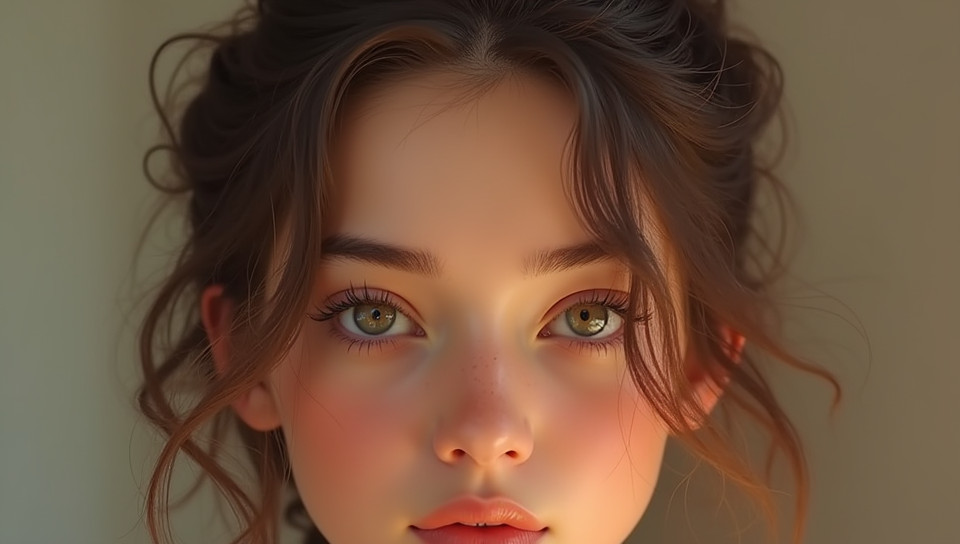Stereotypical beauty standards can hinder self-acceptance always 84%

The Unrelenting Pressure to Conform
In today's society, we're constantly bombarded with images of beauty that are often unattainable and unrealistic. From the airbrushed models on magazine covers to the curated selfies on social media, it's easy to feel like we don't measure up. The pressure to conform to these stereotypical beauty standards can be overwhelming, leading many individuals to feel inadequate and unhappy with their appearance.
The Harmful Effects of Stereotypical Beauty Standards
Stereotypical beauty standards can have a profound impact on our self-esteem and body image. When we're constantly exposed to images that are deemed beautiful but unattainable, it can lead to feelings of inadequacy and low self-worth. This can manifest in negative self-talk, body dissatisfaction, and even eating disorders.
The Impact on Mental Health
The pressure to conform to societal beauty standards can also have serious consequences for our mental health. Research has shown that individuals who internalize these standards are more likely to experience anxiety, depression, and low self-esteem. In extreme cases, this can lead to body dysmorphic disorder (BDD), a condition characterized by an obsessive preoccupation with perceived flaws in one's appearance.
The Dangers of Unrealistic Expectations
Stereotypical beauty standards often perpetuate unrealistic expectations about what it means to be beautiful. We're told that we need to be thin, tall, and flawless in order to be considered attractive. However, this is not only unattainable but also unhealthy. When we strive for an unrealistic ideal, we can end up compromising our physical and mental health in the process.
- Unhealthy dieting habits
- Excessive exercise routines
- Plastic surgery
- Social isolation
Breaking Free from Stereotypical Beauty Standards
So, how do we break free from these damaging expectations? The first step is to recognize that beauty comes in all shapes and sizes. We need to celebrate individuality and promote diversity in the media. By doing so, we can create a more inclusive definition of beauty that's based on self-acceptance rather than societal pressure.
Conclusion
Stereotypical beauty standards have been perpetuated for far too long, causing harm to individuals and communities worldwide. It's time for us to redefine what it means to be beautiful and celebrate our unique qualities. By promoting self-acceptance and challenging these damaging expectations, we can create a more inclusive and compassionate society that values diversity and individuality above all else.
- Created by: Adriana Gonçalves
- Created at: Sept. 8, 2024, 10:26 p.m.
- ID: 8897








